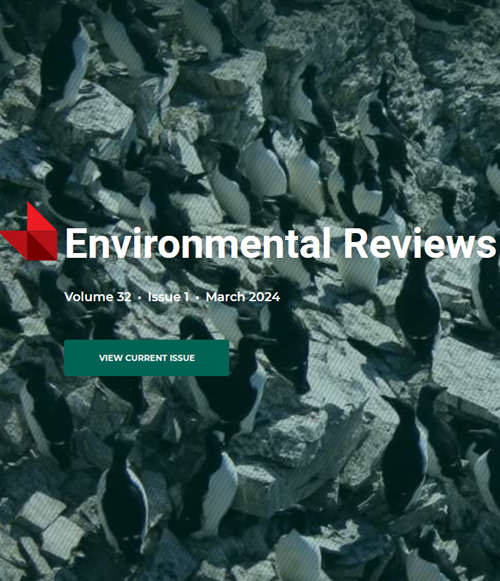餐厨垃圾处理面临的挑战与机遇——综述
IF 5.1
3区 环境科学与生态学
Q2 ENVIRONMENTAL SCIENCES
引用次数: 0
摘要
厨房垃圾由于其体积大和其他特性,在垃圾管理中存在重大问题。厨房垃圾处理技术或多或少在实验室、半操作或操作条件下进行测试。目前处理餐厨垃圾的主要技术是厌氧消化、堆肥、焚烧和填埋。然而,目前正在开发新的厨房垃圾处理方法,这些方法结合了现有技术的优点并消除了缺点。这篇综述提供了一个概述,批判性地比较了当前的厨房垃圾处理方法。主要从环境优势和劣势的角度进行了比较。这项审查没有考虑到经济因素,这些因素很难评估,因为它们的价值必须与特定的过程和能力单位有关。此外,我们还总结了一些已经在实验室条件下测试的厨房垃圾处理创新方法。本文章由计算机程序翻译,如有差异,请以英文原文为准。
Challenges and opportunities for kitchen waste treatment—a review
Kitchen waste presents a significant problem in waste management because of its large volume and other properties. Technologies for the treatment of kitchen waste are more or less tested in laboratory, semi-operational, or operational conditions. The main current technologies for the treatment of kitchen waste are anaerobic digestion, composting, incineration, and landfilling. However, new methods for kitchen waste treatment are currently being developed that combine the advantages and eliminate the disadvantages of current technologies. This review provides an overview, critically comparing the current methods of kitchen waste treatment. The comparison has been made primarily from the point of view of environmental advantages and disadvantages. This review does not take into account economic factors, which are difficult to evaluate as their value has to be related to a specific process and unit of capacity. In addition, we summarize some innovative methods for kitchen waste treatment that have already been tested under laboratory conditions.
求助全文
通过发布文献求助,成功后即可免费获取论文全文。
去求助
来源期刊

Environmental Reviews
环境科学-环境科学
自引率
3.50%
发文量
45
期刊介绍:
Published since 1993, Environmental Reviews is a quarterly journal that presents authoritative literature reviews on a wide range of environmental science and associated environmental studies topics, with emphasis on the effects on and response of both natural and manmade ecosystems to anthropogenic stress. The authorship and scope are international, with critical literature reviews submitted and invited on such topics as sustainability, water supply management, climate change, harvesting impacts, acid rain, pesticide use, lake acidification, air and marine pollution, oil and gas development, biological control, food chain biomagnification, rehabilitation of polluted aquatic systems, erosion, forestry, bio-indicators of environmental stress, conservation of biodiversity, and many other environmental issues.
 求助内容:
求助内容: 应助结果提醒方式:
应助结果提醒方式:


